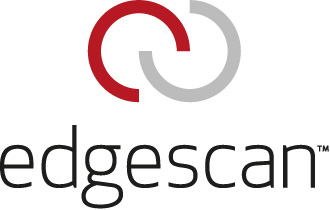Celebrating its eighth year, the Cyber Security in Financial Services Summit is the must-attend event for senior executives from the financial services industry.
The summit will deep-dive into the current state of cyber security in Financial Services and what to expect for 2025 and beyond. Cyber Security is playing an increasingly strategic role for financial firms, with cyber security teams now firmly focused on business risks and impacts. Generative AI, and its potential for harm, as well as for good, remains a key concern across the industry as the range and sophistication in the use of this technology by cyber criminals, including deepfakes and ‘misinformation-as a service’ become more commonplace. Meanwhile, the ability of financial service firms to manage cyber risk and respond effectively to a cyber incident should it occur – with effective risk measurement and disclosure – is increasingly coming under the scrutiny of regulators, rating agencies and investors.
Cyber leaders and experts will discuss how AI is rewriting the cyber security playbook, and the strategies cyber teams are using to tackle the rising tide of deepfakes and emerging cyber threats. Join us in-person as we explore the next frontiers in cyber governance and how measuring, disclosing and managing cyber risk can add business value.
Audience includes:
- Retail & Commercial Banks
- Digital Banks
- Insurance Companies
- Building Societies & Credit Unions
- Investment Banks
- Savings and Loan (S&L) Associations
- Mortgage & Pension Fund Companies
- Brokerage Firms
Delegates
- This is an opportunity to network with like-minded peers who share your challenges
- Stay ahead with the cutting-edge presentations and Q&A sessions
- Find innovative services, solutions and insight
- Have your questions answered – exclusive presentations and Q&A sessions
- Share ideas and best practices within the industry
Sponsors/Exhibitors
- This is an opportunity to network with potential clients and partners
- Get face-to-face time with your target audience Promote your brand as an innovator and thought leader
- Showcase your product to, decision-makers, and industry leaders to encourage delegates to use your services





 Back
Back







